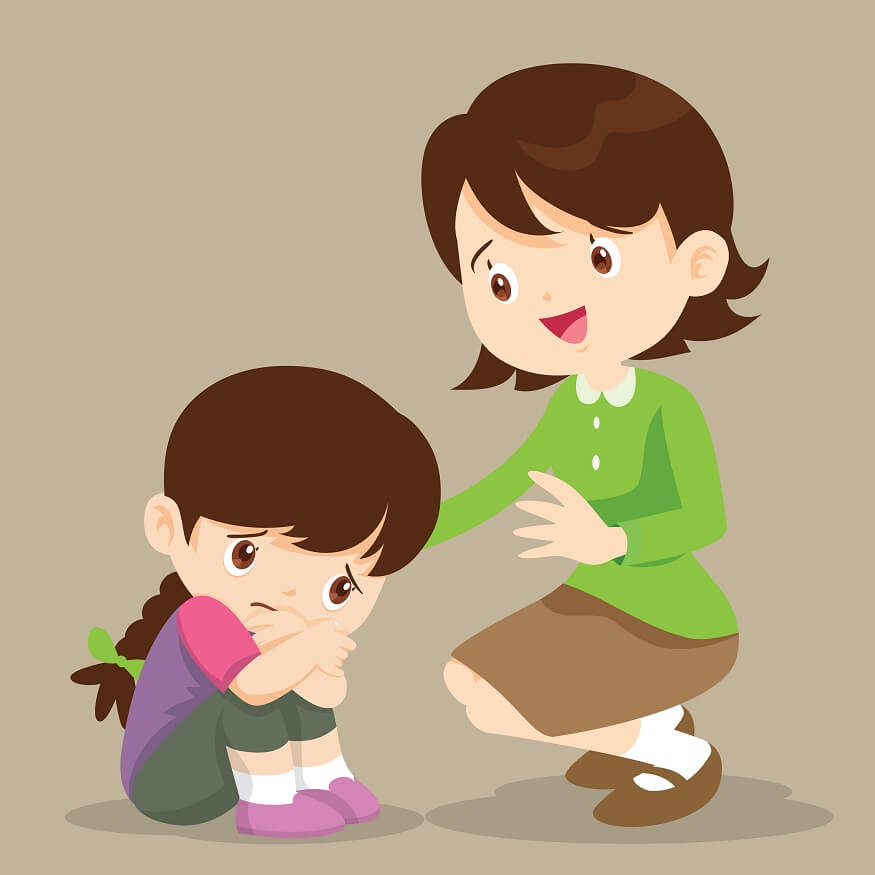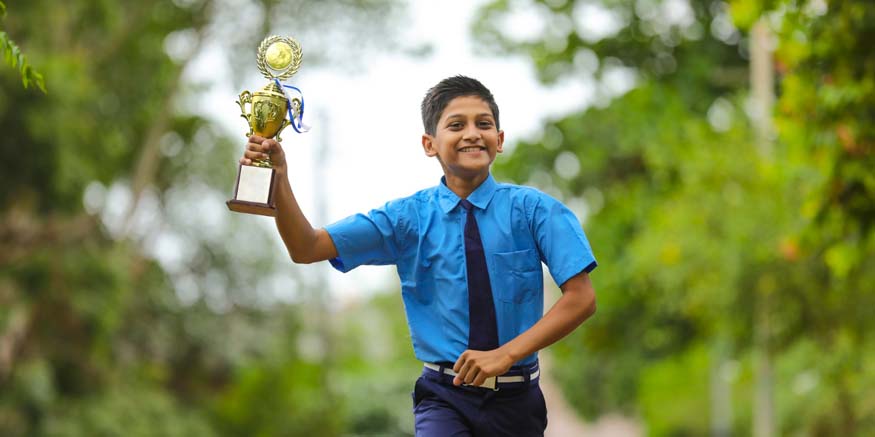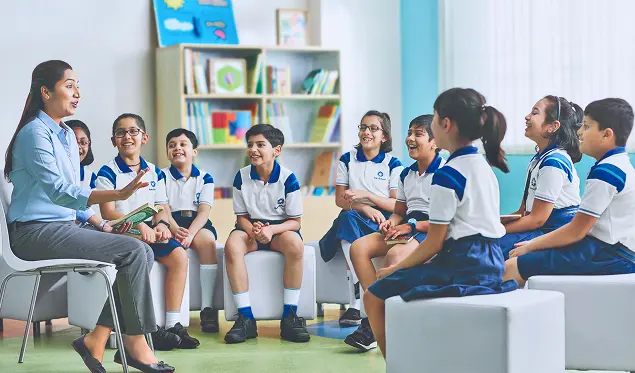Grief is a natural and normal response to loss. Children may grieve the loss of a loved one in a variety of ways, depending on their age, development, and personality. It is important to be patient and understanding, and to offer them support and comfort. There is no right or wrong way to grieve, and children may need time to heal.
How children deal with grief
Children deal with grief and loss differently from adults and it varies depending on their age, developmental stage, and personal experiences. Here’s a general overview of how children may process and cope with grief at different ages:
Preschool Age (0-5 years old): Young children often struggle to understand the permanence of death. They may ask repetitive questions about the deceased, expecting them to return. They may even believe their own actions, thoughts, or unrelated incidents caused the loss. Reassurance, consistency in their daily routine, and age-appropriate explanations about death can help them cope.
School Age (6-12 years old): School-aged children begin to comprehend the finality of death but might not fully grasp its implications. They may experience guilt, fear, anger, or sadness. Helping them express their feelings through activities such as drawing, storytelling, or other forms of play can be therapeutic.
Teenagers (13-18 years old): Teenagers typically understand death similarly to adults. However, they may struggle more with the emotional ramifications and may experience changes in behaviour, school performance, or social activities. Open conversations, emotional support, and understanding can help them navigate their grief.
Also Read: Panic attack in teenagers: Causes, Symptoms, Treatment
How to help children deal with grief
Helping children deal with grief and loss involves patience, understanding, and clear communication. Here are some specific ways to support children in their grief:
Open, Honest Conversation: Explain the situation to the child clearly, honestly, and in age-appropriate language. Avoid euphemisms as they can be confusing. Children may have many questions, some of which they’ll ask multiple times. Answer these patiently, helping them to understand and come to terms with the loss. Explain the situation using age-appropriate language. Avoid using metaphors that might confuse the child. Instead of saying, “Grandma is sleeping,” you might say, “Grandma’s body stopped working, and she has died.”
Acknowledge Their Feelings: Allow the child to express their emotions, and validate these feelings. You could say, “It’s okay to feel sad, angry, or even confused. Everyone feels different when someone they love dies.”
Encourage Emotional Expression: Let them know that it’s okay to feel a range of emotions and that there’s no right or wrong way to grieve. Some children might cry or be outwardly upset, while others might seem unaffected. Encourage them to express their feelings through talking, drawing, or other forms of expression.
Maintain Normal Routines: Routines can provide a sense of stability and comfort. Try to keep daily routines as normal as possible to help provide some sense of structure during this difficult time.
Model Grief: Children learn how to deal with grief in part by watching the adults in their lives. Show them that it’s okay to cry, be upset, or express whatever emotions you are feeling.
Offer Reassurance: Make sure they understand that they are not responsible for the death. It’s common for children to feel guilty or to believe that they caused the death. Regularly reassure them that they are loved and safe. Children often worry that other people they love will also die. Reassure them that they are safe and that you’re there for them. They might also need reassurance that they did not cause the death.
Stay Connected: Help the child remember the person who has died. This can include talking about them, looking at pictures, or sharing favourite memories.
Provide Stability: Ensure that they feel secure and loved. Keep rules and discipline consistent, as this can provide a comforting sense of normality.
Professional Help: Don’t hesitate to reach out to a mental health professional if you are concerned about your child. A counsellor or therapist, particularly one who specialises in child bereavement, can be very helpful.
Remember, every child is different, and each one will grieve in their own way. Support them, be patient with them, and make sure they know they’re not alone in their feelings. It’s okay to not have all the answers – being there to listen and comfort them is the most important thing.
Also Read: 12 Social-Emotional Learning Activities For Students
What is loss and grief?
Loss is the experience of parting with an object, person, or concept that is significant to us. This can include the death of a loved one, the ending of a relationship, loss of health, loss of a job, loss of financial stability, or any other significant life changes that involve something or someone important being taken away.
Grief, on the other hand, is the emotional response to loss. It is a natural process that typically includes a range of feelings such as sadness, anger, guilt, confusion, and disbelief. Grief can also bring on physical symptoms such as changes in appetite, sleep disturbances, and fatigue.
The process of grieving can vary greatly from person to person. Some people may experience intense feelings of grief immediately after the loss, while others may not begin grieving until much later. The duration and intensity of grief can depend on many factors, including the person’s relationship with what was lost, their coping skills and resilience, their social support network, and their cultural or religious beliefs.
Grieving is a normal part of life, and it’s important to allow oneself the time and space to grieve. However, if grief becomes overwhelming or lasts for a prolonged period, it may be helpful to seek professional help, such as from a grief counsellor or therapist. It’s always okay to reach out for support in difficult times.
It’s important to note that grieving is not about “moving on” or “getting over” the loss, but about finding a way to live with it and continuing to form a connection with the lost one in a new way.
Also Read: Instilling the best social-emotional values in children, in a natural way
EuroSchool also provides informal support to grieving children. This includes providing teachers and staff with training on how to support grieving children, and creating a school climate that is supportive and understanding of grief.









